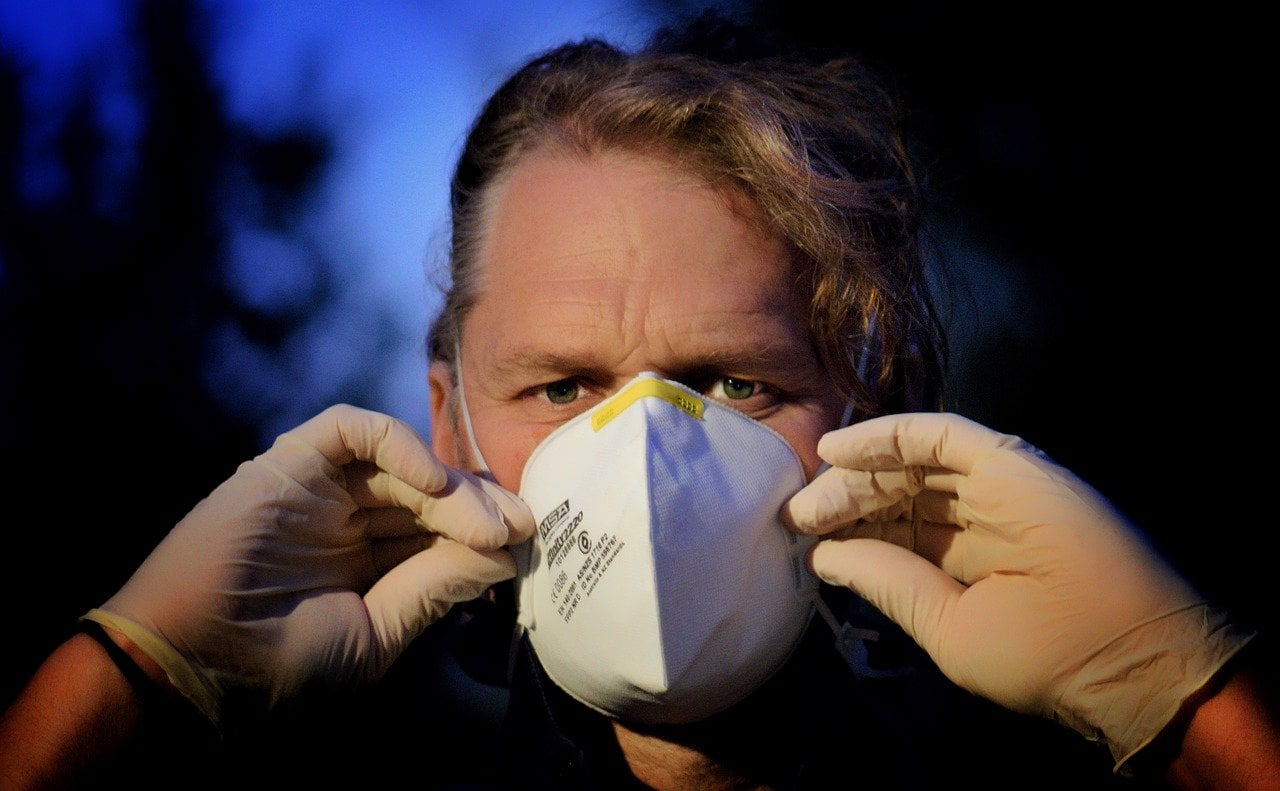The objective of the stimulus checks is to help people pay for their necessities. However, a loophole in the $1.9 trillion American Rescue Plan allows private debt collectors to garnish the stimulus payment. The Consumer Financial Protection Bureau (CFPB) has come up with an advisory that could help people protect their coronavirus stimulus checks if they have a negative balance on their account.
Q4 2020 hedge fund letters, conferences and more
CFPB working to protect stimulus payments
Unlike the previous rounds of coronavirus stimulus checks approved last year, the latest American Rescue Plan didn’t include the provision that would prevent private debt collectors from garnishing the stimulus payment.
The primary reason for this is the $1.9 trillion bill was passed with a budget maneuver known as reconciliation. This meant the provisions not directly affecting the federal budget were not part of the bill.
So, for some people, it could mean their stimulus checks could get taken even before they get it. The CFPB, however, says that it is working with the financial industry trade associations to ensure that users get access to their stimulus checks.
“If payments are seized, many financial institutions have pledged to promptly restore the funds to the people who should receive them,” the CFPB says.
In case your financial institution isn’t restoring the funds, then CFPB has advice for you that may help.
Those with overdrawn accounts will be worried that private debt collectors could seize their stimulus checks before it even reaches them. As per CFPB, the best thing that these people can do is to call their bank or credit union and ask for a temporary credit. However, before taking the temporary credit, you should get all information on how it works.
For instance, CFPB advises users to call banks and ask for a refund or credit for the stimulus amount the bank withheld. If the bank agrees, the users should get clarity on the credit, such as when it needs to be paid back, how much penalty will be charged if the user is unable to pay it back and more.
“Each financial institution has its own policies, but many are willing to work with customers who have been financially impacted by COVID-19,” the CFPB says.
This means, if you are concerned that your bank might garnish some or all of your stimulus check, then calling your bank may solve your problem.
Additionally, some states are also working to shield your latest stimulus checks from private debt collectors. Maryland, New Jersey, Washington, Massachusetts, Nebraska and New York are working on getting residents full access to their stimulus checks.
So, if a debt collector lays a hand on your stimulus payment, it is recommended that you first seek legal advice. The advisor will inform you on the best available protection in place.













